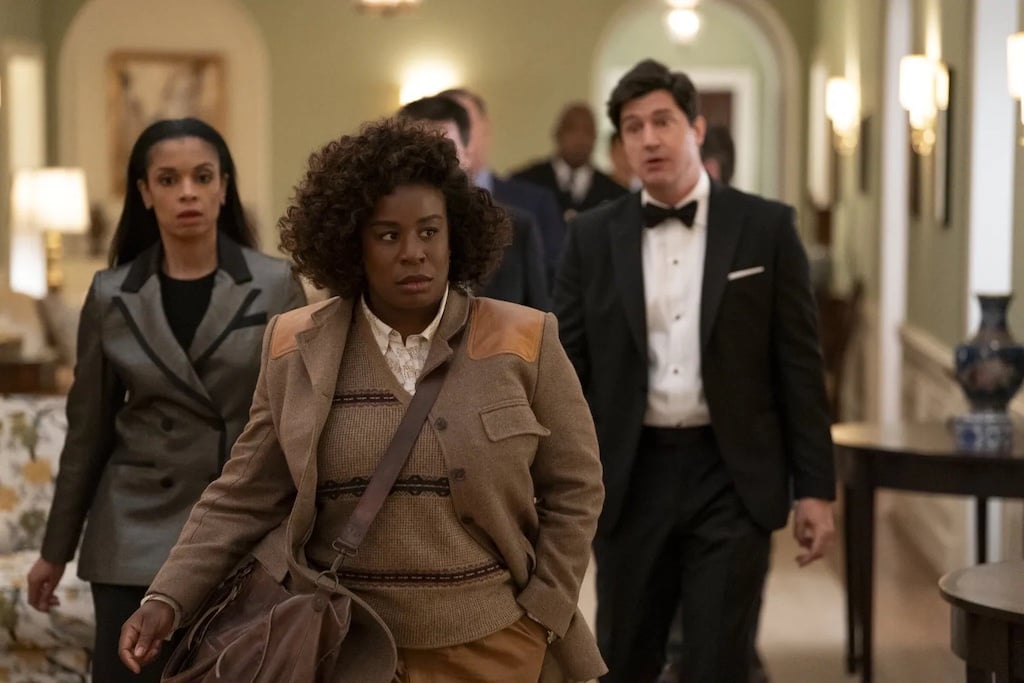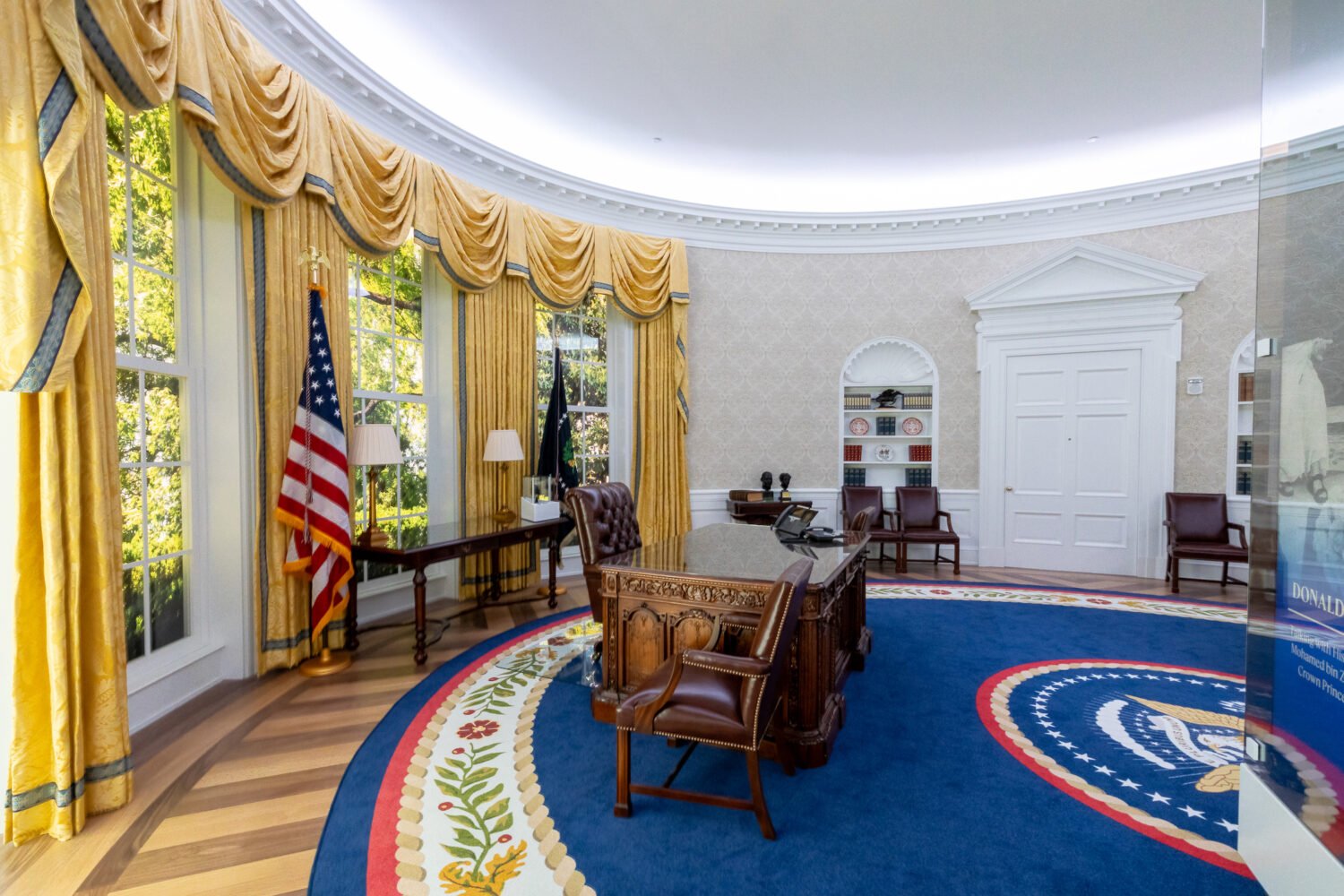A number of observers were perplexed by President Obama’s grand-strategy speech yesterday at the National Defense University. Was it an apologia or an apology? Did the speech mark a hardening of counterterrorism policies or the beginning of their end? The President seemed to want to do both. He may end up satisfying no one.
Obama was at once on the side of some of his fiercest critics, particularly with regards to targeted killing. And yet he mounted what is surely the most full-throated defense to date by any president of the commander-in-chief’s authority to order lethal drone strikes in the nation’s self defense. He insisted that the war on terror, like all wars, must end–“That’s what history advises. That’s what our democracy demands.” But there was little to hang onto in the way of commitments, timetables, or markers that will tell us how much closer we are to that end.
To the list of confusing and often contradictory propositions about the state of US national security, add these lines.
“Meanwhile, we strengthened our defenses–hardening targets, tightening transportation security, giving law enforcement new tools to prevent terror. Most of these changes were sound. Some caused inconvenience. But some, like expanded surveillance, raised difficult questions about the balance that we strike between our interests in security and our values of privacy.“
This was one of the rare moments of understatement in the President’s address. Decisions, often secret ones, to allow agencies of the federal government broader authorities to monitor the communications of Americans are among the most fateful actions undertaken in the war on terror. They have fundamentally transformed that balance of which the President spoke. And yet they have received precious little debate or reconsideration since the attacks of 9/11.
Perhaps it’s because the questions raised by expanded surveillance are so difficult that the President spent practically no time answering them. His lengthy speech was devoted to profound matters, namely interrogation, detention, and targeted killing, but those are policies that have directly affected a vastly smaller number of Americans than has broadened monitoring of phone calls, e-mails, and other personal data of millions of people.
There was no talk of NSA warrantless wiretapping. No mention of the Patriot Act. No discussion of amendments to the Foreign Intelligence Surveillance Act–amendments that Obama once opposed as a presidential candidate, and that have been the subject of a Supreme Court challenge. Nor did the President speak a word about threats to the nation’s cyber infrastructure, which has been a top action item for his national security team. Like expanded surveillance, strengthening the nation’s cyber defenses through greater monitoring of the Internet, which is what the administration is calling for, is freighted with implications for privacy and civil liberties.
The only hint the President gave that he might be inclined to reexamine US surveillance policy came in a discussion of homegrown terror plots.
“[I]n the years to come, we will have to keep working hard to strike the appropriate balance between our need for security and preserving those freedoms that make us who we are. That means reviewing the authorities of law enforcement, so we can intercept new types of communication, but also build in privacy protections to prevent abuse.
“That means that–even after Boston–we do not deport someone or throw somebody in prison in the absence of evidence. That means putting careful constraints on the tools the government uses to protect sensitive information, such as the state secrets doctrine. And that means finally having a strong Privacy and Civil Liberties Board to review those issues where our counterterrorism efforts and our values may come into tension.”
Building privacy protections into the fabric of surveillance systems is much easier said than done. Paradoxically, it is the government’s deep-rooted obsession with secrecy and applying so many different levels of classification and control to intelligence that makes it hard to build a system that can uniformly protect personal information. Different agencies treat personal information according to different standards and regulations. There’s really not a one-size-fits-all proposition, and the government doesn’t have a viable plan to find one.
As for reviewing the authorities of law enforcement, there is no effort underway to repeal or curtail them. However, the administration is looking to expand the powers of law enforcement to monitor communications on the Internet.
And as for the Privacy and Civil Liberties Oversight Board, it’s no secret this has been one of the slowest-going, and to many, one the least effective counterweights to a widening net of digital monitors.
The President’s nod to “the balance that we strike” between security and privacy felt perfunctory. It seemed thrown in for appearances sake, like the also-confused passages about the need to prevent leaks of national security information without chilling journalists and their sources, which is precisely what the administration’s clamp down on leaks is designed to do.
On surveillance, there was nothing in the speech that suggested a change of course, a ratcheting down, or a return to pre-wartime footing. Having written at length on the history of this subject, I’d already concluded that the surveillance state was here to stay. I suppose the President’s speech makes it official. More or less.









